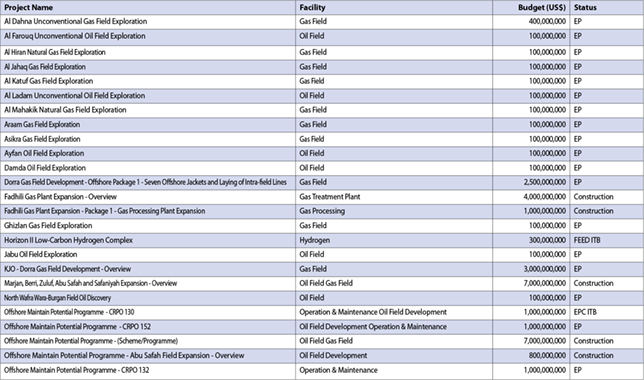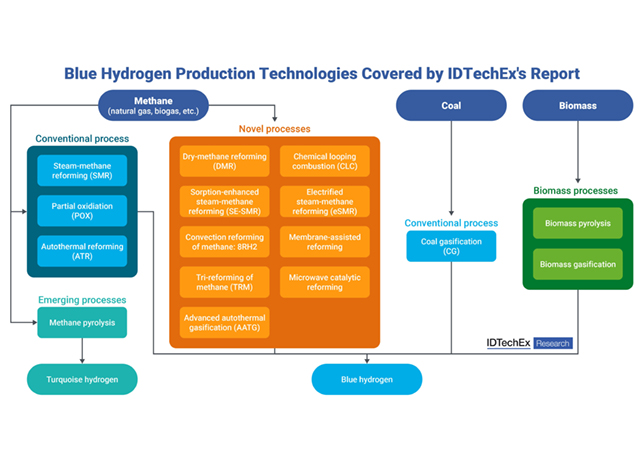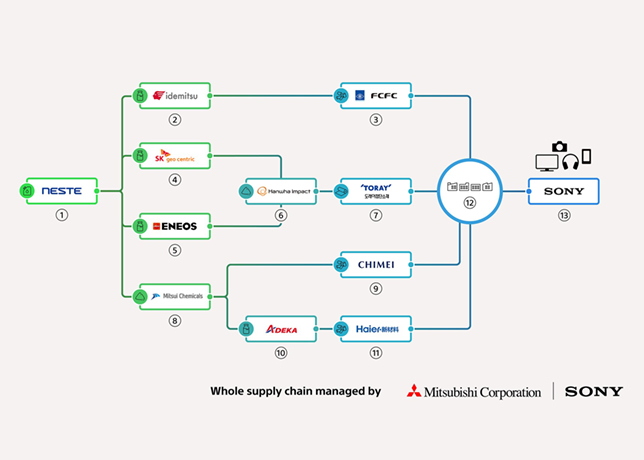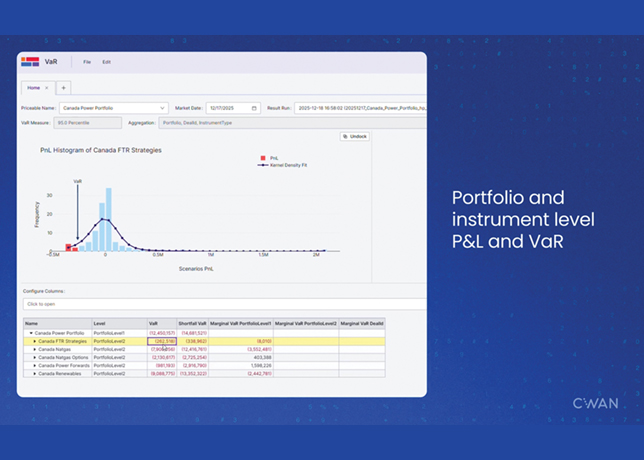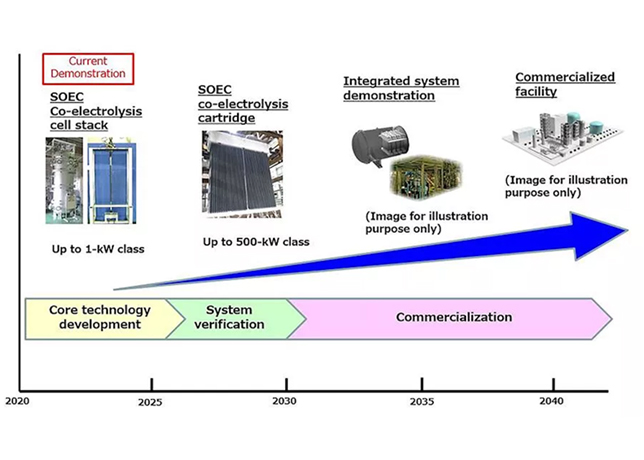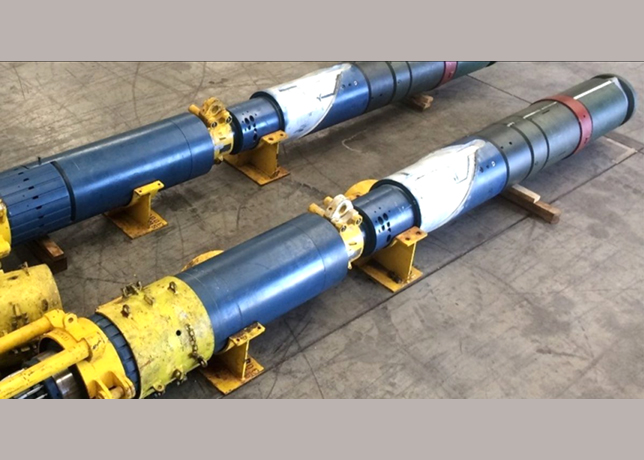
 Most Asia-Pacific businesses are not shying away from the digital challenge
Most Asia-Pacific businesses are not shying away from the digital challenge
While the region is still in the early stages of its digital transformation journey, its commitment to harness the power of business data suggests that a more connected and resilient Asia-Pacific business environment is well within reach
In a rapidly digitising global economy, businesses in the Asia-Pacific region are increasingly recognising the critical importance of digital transformation, not just as a tool for operational improvement but as a necessity for future competitiveness.
But despite that the region’s businesses are still grappling with how best to unlock the full value of their business data and overcome persistent barriers to digital maturity.
A new survey reveals that while digital ambition is high, the reality of implementation continues oto lag.
The Reuters report, ‘Digital transformation in Asia-Pacific: A region still undertaking the journey’, surveyed 2,217 professionals in the region.
It highlights both the scale of the challenge and the opportunities available as digitalisation reshapes industries across the region.
It found that 73 per cent of respondents believe digital transformation can deliver productivity gains, while 64 per cent see it improving product quality by allowing a sharper focus on core activities.
Despite this, only 53 per cent of companies are fully leveraging their business data, with 40 per cent admitting to partial use and others hampered by outdated systems, skill shortages, and vendor limitations.
UNTAPPED BUSINESS DATA
The survey shows 68 per cent of respondents acknowledge the value of their business information, yet much of it remains untapped, trapped in paper records or poorly integrated systems.
This underutilisation is particularly concerning in a market environment where artificial intelligence (AI) is redefining operational efficiency globally.
The US tech giant Meta, for instance, plans to invest $65 billion in AI infrastructure this year alone, while global AI infrastructure spending is forecast to surpass $200 billion annually by 2028.
Asia-Pacific’s digital inertia could risk sidelining its businesses in this AI-driven future, especially as the region’s economy is dominated by small and medium-sized enterprises (SMEs), which account for 98 per cent of enterprises and half the workforce.
Yet, therein lies a potential advantage. Smaller firms are often more agile and better positioned to adopt transformative technologies than their larger counterparts.
A McKinsey study cited in the report suggests that organisations with under 100 employees are 2.7 times more likely to succeed in digital transformation than those with more than 50,000 staff.
To translate digital potential into tangible business value, Asia-Pacific organisations must address not only financial constraints but also gaps in human resources and partner reliability.
The Reuters survey identifies a lack of internal IT expertise as the primary barrier, cited by 64 per cent of respondents, followed by funding limitations (52 per cent) and the absence of reliable transformation partners (51 per cent).
Compounding the issue is the incompatibility of legacy systems, which continues to stall digital progress for 44 per cent of companies.
Despite these challenges, businesses are clear-eyed about the functions and services they expect from digital transformation.
A significant 68 per cent seek better visualisation of business processes, while 59 per cent aim for collaborative editing capabilities and 57 per cent wish to automate operational workflows.
Enhancing communication speed, improving decision-making, and increasing operational efficiency are high on the digital agenda.
Interestingly, employee knowledge is also emerging as a vital yet underexploited information asset.
In Singapore, 69 per cent of businesses value this internal know-how, compared to 65 per cent in Indonesia and 63 per cent in Australia.
Unlocking such knowledge, alongside digital and physical records, offers a pathway to richer enterprise insights and greater agility.
WHAT TO EXPECT FROM DIGITAL TRANSFORMATION
Encouragingly, most Asia-Pacific businesses are not shying away from the digital challenge.
Nearly half of the surveyed organisations (49 per cent) expect to substantially increase their digital transformation spending over the next three years, with another 41 per cent predicting a moderate rise.
Markets such as Indonesia and Singapore are leading this investment surge, with 71 per cent and 65 per cent of firms respectively anticipating significant increases in digital spend.
By contrast, Hong Kong appears more conservative, with only 27 per cent of businesses planning substantial investment hikes.
Industry forecasts align with this momentum. India-based Meticulous Research predicts that Asia-Pacific’s digital transformation market will grow at a compound annual rate of over 23 per cent between 2025 and 2032, reaching almost $1.2 trillion in value.
Much of this is expected to flow into AI initiatives, with IDC projecting AI-related investments to outpace general digital technology spending by 1.7 times, driving an estimated $1.6 trillion in regional economic impact by 2027.
The anticipated benefits go beyond operational enhancements. Respondents to the Reuters survey believe digitalisation will hasten decision-making (66 per cent), improve workflow continuity (57 per cent), and even bring about fundamental changes in work culture (52 per cent).
However, one cautionary note is the importance of user-friendly solutions. As one respondent put it, without intuitive systems, digital transformation risks creating 'extra layers and hurdles' rather than streamlining operations.
As smaller firms gain access to affordable, scalable digital services–offered by regional providers like Fujifil Business Innovation and others–the barriers to entry are likely to diminish.
In this environment, the agile nature of Asia-Pacific’s SME-heavy economy may become an asset, enabling quicker adoption of new digital processes compared to more rigid, monolithic organisations elsewhere.
Ultimately, while the region may still be in the early stages of its digital transformation journey, its commitment to invest, innovate, and harness the power of business data suggests that a more connected, efficient, and resilient Asia-Pacific business environment is well within reach.



